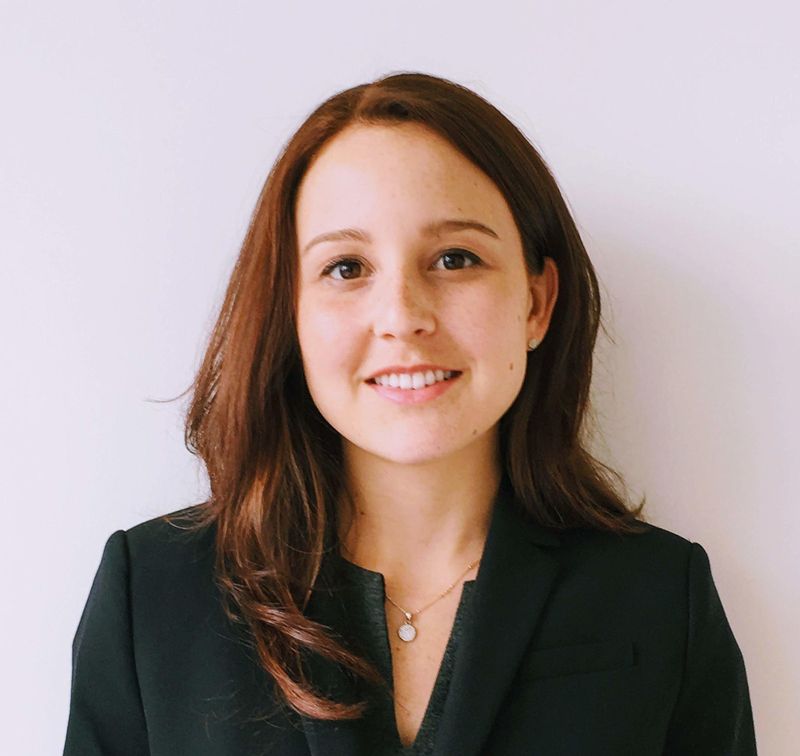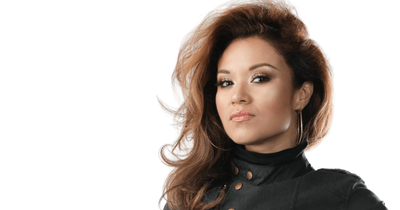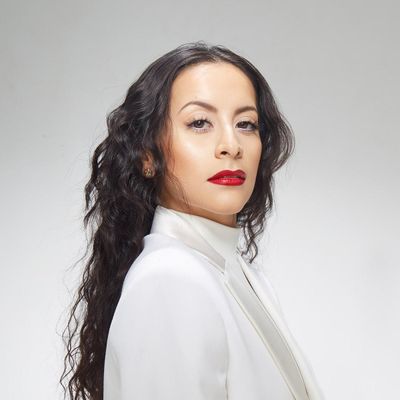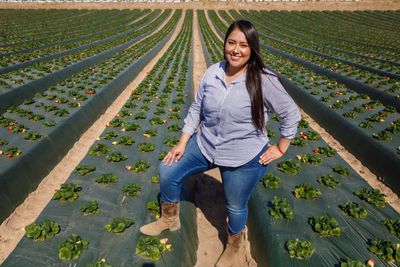
Camila Lopez is the co-founder and CEO of People Clerk. People Clerk helps you navigate the small claims court process which are disputes under $10,000 like security deposits, contracts, and auto accidents. Camila’s goal is to empower you to navigate the bureaucratic court system and assert your legal rights in an affordable and easy way. Camila, a Latina attorney was born in Colombia and has lived all around the United States including Miami, New York, the Bay Area, Austin, and she currently resides in Los Angeles.
We learn from Camila on having a business with a social impact mission, what ‘hustle culture’ means to her and the importance of surrounding yourself with like-minded fellow entrepreneurs.
BoldLatina: How and why did you decide to start People Clerk? What problem are you solving as a Latina attorney and for who?
Camila: As an attorney, family and friends kept on reaching out to me with their legal problems. Most of their legal problems were valued at $10,000 or under which are known as small claims. I would tell them “go to small claims, it’s easy” but I had actually never been to small claims myself. My co-founder, Gustavo Lozano, kept noticing a trend with these phone calls. I remember him telling me, “if it is so easy, why do they keep calling you for help.” He was completely right, but as a lawyer, I was taking my legal background for granted because I thought something like small claims was so easy. We started going to the courthouse and watching small claims hearings and what we saw was extremely frustrating. People didn’t understand what was going on, they had missed steps in the process, and they were unprepared to present in front of the judge. I distinctly remember Gustavo turning to me, looking at me straight in the eyes, and telling me “We have to do something about this.” We set out to build People Clerk to help people without a lawyer navigate small claims so that they can complete all the procedural steps required to get their day in court and are prepared to present their case in front of a judge.
BoldLatina: What has your journey been like as a Latina at the intersection of Law & Tech or JusticeTech? What challenges have you faced, if at all in building a technology platform, fundraising as a Latina (if you did or looking to) & how did or are overcoming these challenges?
Camila: So far, this journey has been difficult but incredibly rewarding. What has been extremely impactful, was belonging to supportive communities. During the past year and a half, we have participated in three legal tech accelerators: Duke Law Tech Lab, LexisNexis Legal Tech Accelerator, and LexLab at UC Hastings. Through these accelerators, I have met other LegalTech founders and JusticeTech founders that have helped me navigate difficult situations at the intersection of law and technology. The legal space is very regulated so it was important to understand how to navigate the regulatory environment. We cannot live by the phrase “move fast and break things” like some startups can as we are helping someone with their legal problem.
I also recently became a part of an amazing community of Latino entrepreneurs, investors, and techies called CASA. I do feel like Latinos are warm people by nature, but this community goes above and beyond. Within minutes of the first call, I was out getting street burritos with two group members, Eliana Murillo and Miles Montes, which had so much knowledge and experience to share. It is extremely important finding your community, your CASA.
Another incredible person I have been fortunate to come across is Lolita Taub. As someone who knew nothing about fundraising, I have learned so much due to all the helpful content she creates. If you haven’t followed her on Twitter yet, you are missing out.
BoldLatina: What tips can you provide our Latina audience if they want to start their own technology start-up or business involving a social impact mission?
Camila: Many will equate a social impact vision with charity. What they don’t realize is that the social impact mission is what keeps you going during the hard times and will keep you going for the years to come. I couldn’t imagine working this hard on something that didn’t have a social impact. We are here to make change in the world, not just money (obviously money is what pays the bills so that is nice to have too).
BoldLatina: Knowing that building a start-up from the ground up can be full of challenges and sacrifices. How do you ‘balance’ it all (if at all) as a Latina attorney, startup founder and make time for self-care? Do you subscribe to ‘hustle culture’?
Camila: Despite popular opinion, I do subscribe to hustle culture. Running a startup is tough work, long hours, and difficult decisions. It definitely isn’t for everyone. You have to know you are committing to this lifestyle. However, I LOVE what I am doing and I am extremely passionate about what I am building. I went to law school to be the next Erin Brockovich, so I have always been extremely driven to help a lot of people. With technology, I am able to obtain an even greater reach and help as many people get their day in court. If it feels like you are sacrificing too much, then you may not be working on the right problem for you since the passion isn’t there. That said, if I don’t incorporate self-care, I may burn out, People Clerk won’t exist and then no one will get the help they need. It is all about balance. I try to take a full day off each week and make sure I go to sleep early.
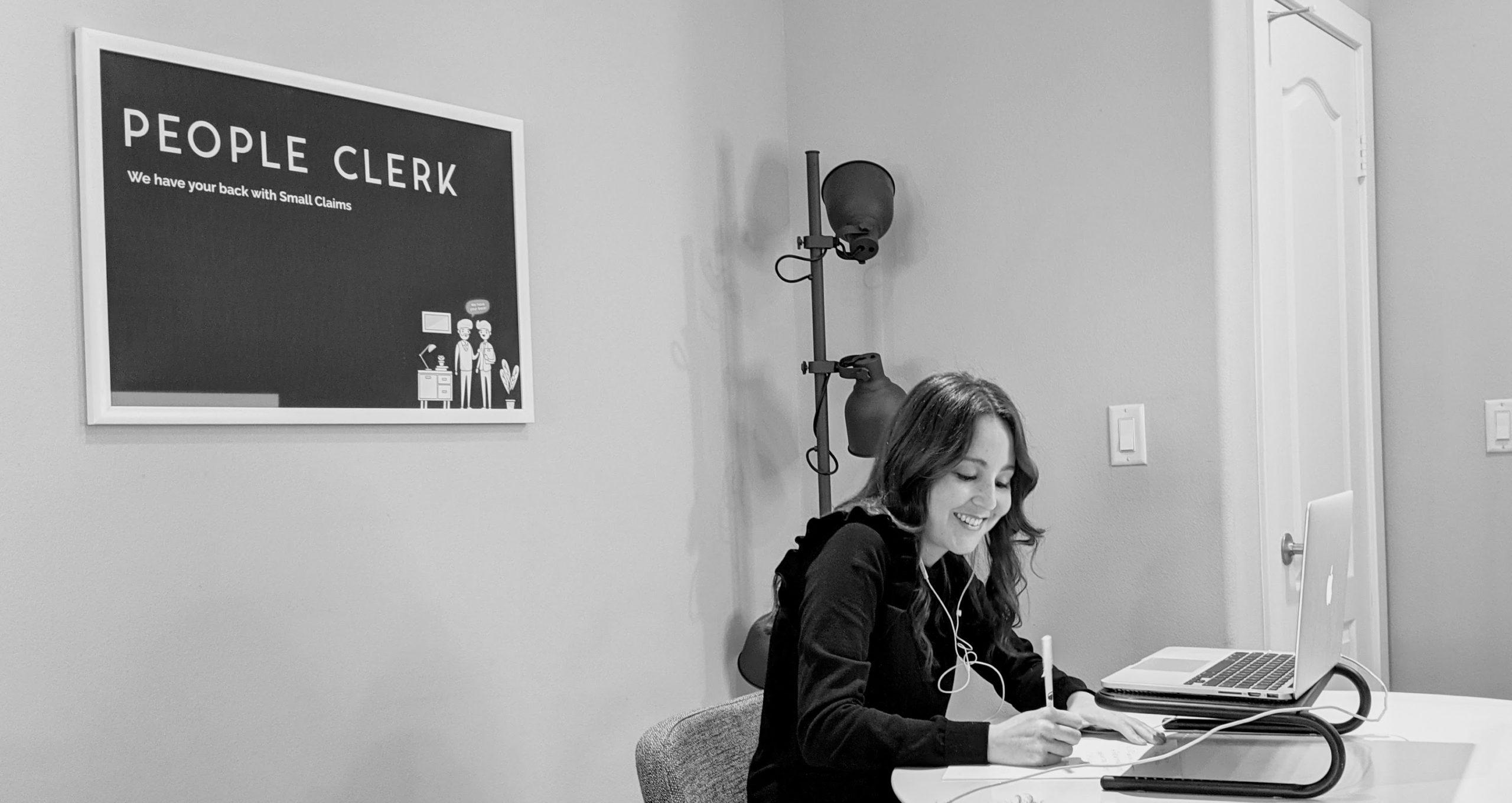
BoldLatina: What are your thoughts on US Latinos navigating the US court system? Is People Clerk making an impact with Spanish-speakers?
Camila: If it is hard for english speakers to navigate the bureaucratic court system, just imagine non-english speakers. The legal system loves to use “legal jargon” which is extremely frustrating since outsiders also navigate the legal system. This makes it difficult for people without a lawyer to navigate their legal problems and adequately represent themselves. If you follow me on Twitter, you will see I love to speak out against the use of words, symbols, or phrases that outsiders would not understand.
As someone who grew up with a dad that had to learn english when he moved to the US undocumented, it is extremely important to me to be able to have a business that be used by Spanish-speakers. While we still have a long way to go, we have many spanish-speakers using our product. Our clients are relieved they can speak with someone that can explain the legal process in their native language. We also help them get a translator when they go to court.
BoldLatina: What do you believe our Latina/x community challenges are right now? You can speak to justice, law or access, if you want.
Camila: One of my favorite Latina entrepreneurs, Kristen Sonday, the cofounder of Paladin, says that what we need is “cash and contracts.” I couldn’t agree more. Yes, mentorship is extremely important, but we are over mentored. We need people to believe in us with their checkbooks.
BoldLatina: If you could change one thing about the world today that would make it better for women, especially women of color/Latina/x/Black Women, what would it be?
Camila: We need more representation. When you see someone that looks like you accomplish something, you also picture yourself attaining that goal. A few years ago, Latinas made up less than 2% of lawyers. I hope that percentage increases with Sonia Sotomayor on the Supreme Court as we have someone to look up to. In the business space, we need more Jessica Alba’s lining the newspapers with IPO’s.
BoldLatina: What, in your opinion, makes someone a BoldLatina?
Camila: Someone who champions what they believe in and works hard to get it.
BoldLatina: Any additional advice for other BoldLatinas out there you would like to share?
Camila: Just do it. It is risky, but you will never know if something is going to work until you try it.

